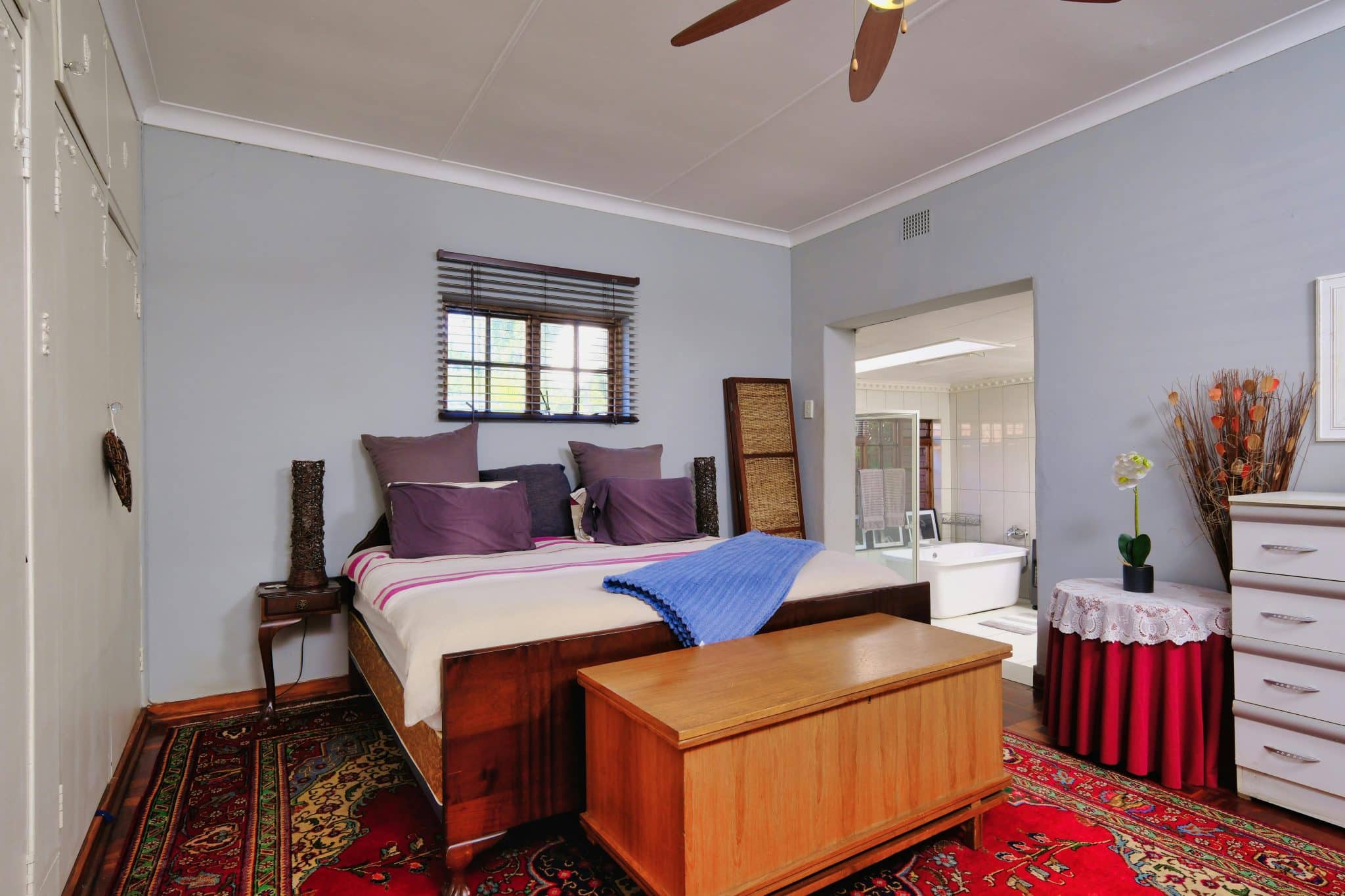Home Insurance Options for Different Properties
Welcome to the world of home insurance where one size does not fit all. Every property is unique and requires a tailored insurance policy to adequately protect it. Whether you own a single-family home, a condo, or a rental property, there are various home insurance options available to fit your specific needs. In this article, we will explore the different types of home insurance policies and how they vary for different types of properties. So, let’s get started on finding the perfect home insurance for your property!
Types of Home Insurance Policies
Before we dive into the specifics for different types of properties, let’s understand the various types of home insurance policies available. The three main types of home insurance policies are:
1. HO-1: Basic or Standard Policy
The most basic form of home insurance, HO-1, offers limited coverage for your property. It typically covers damages from fire, lightning, smoke, hail, explosions and vandalism. It is the most affordable option but also offers the least amount of coverage.
2. HO-2: Broad Policy
HO-2 policies provide broader coverage than HO-1 policies, including damages from falling objects, theft, and some types of water damage. This type of policy is more comprehensive but also comes with a higher price tag.
3. HO-3: Special Policy
HO-3 is the most common and comprehensive type of home insurance policy. It covers the structure of your property, personal belongings, and liability for both property damage and bodily injury. This type of policy is considered the gold standard for home insurance and offers the most comprehensive coverage.
Home Insurance for Different Properties
Now that we’ve covered the basic types of home insurance policies let’s explore the specific options available for different types of properties.
1. Single-Family Homes
Single-family homes are the most common type of property owned by homeowners. Since these homes are standalone structures, they require a comprehensive home insurance policy like HO-3. This type of policy provides coverage for the structure of the home, personal belongings, and liability in case someone is injured on your property.
2. Condos
If you own a condo, you are responsible for insuring the interior of your unit, while the building itself is covered by the condo association’s insurance. In this case, a HO-6 policy is the best option, as it specifically covers the interior of your condo, including personal belongings and liability. It’s essential to carefully review your condo association’s insurance policy to ensure there are no gaps in coverage.
3. Rental Properties
Rental properties require a different type of home insurance policy as they are not owner-occupied. Landlord insurance, or DP-3 policy, is designed to protect the property owner from financial losses due to damages or liability caused by tenants. This type of policy also provides coverage for loss of rental income in case your property becomes uninhabitable.
4. Mobile Homes
Mobile homes require specialized home insurance policies since they are not considered traditional homes. An HO-7 policy is specifically designed for mobile homes and provides coverage for the structure, personal belongings, and liability. It also offers additional coverage for damages caused by natural disasters like earthquakes and floods, which are not typically covered under other home insurance policies.
5. Vacation Homes
If you own a vacation home, you may have to get a separate home insurance policy for it, depending on the location and use of the property. If the vacation home is only used by you and not rented out, an endorsement on your primary home insurance may be enough. However, if the vacation home is rented out to others, a separate vacation rental insurance policy or a landlord insurance policy is necessary.
Conclusion
In conclusion, there are various home insurance options available for different types of properties. It’s essential to carefully assess your property’s needs and choose a policy that provides adequate coverage. Remember to review and understand your insurance policy thoroughly to ensure you are adequately protected. With the right home insurance, you can have peace of mind knowing that your property is well-protected against unforeseen circumstances.










